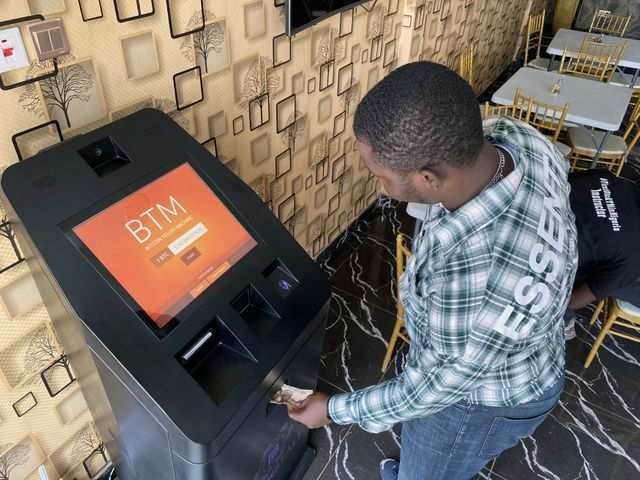Introduction
In recent times, the rise of cryptocurrencies has had a profound impact on the financial landscape in Nigeria. As the adoption of digital assets grows, Nigerians are increasingly relying on cryptocurrencies for various financial transactions. This surge in usage has led to the emergence of a third crypto exchange rate for the Nigerian Naira, reflecting the growing significance of cryptocurrencies in the country’s economy. In this article, we explore the reasons behind the heavy reliance on cryptocurrencies in Nigeria and the implications of having multiple exchange rates for the Naira.
The Crypto Boom in Nigeria
Nigeria, as one of the largest economies in Africa, has seen a significant surge in cryptocurrency adoption. Several factors have contributed to this boom:
1. Financial Inclusion
Cryptocurrencies provide an opportunity for financial inclusion, enabling access to financial services for a large segment of the population that remains unbanked or underbanked.
2. Remittances and Cross-Border Transactions
Nigerians abroad often rely on cryptocurrencies to send remittances back home due to the speed and lower transaction costs compared to traditional remittance channels.
3. Economic Instability
Economic challenges, including inflation and currency devaluation, have driven Nigerians to seek alternatives like cryptocurrencies as a store of value and a hedge against economic uncertainty.
4. Youthful Population and Technology Adoption
Nigeria boasts a significant youth population that is tech-savvy and open to embracing new technologies, making it receptive to the adoption of cryptocurrencies.
The Emergence of a Third Crypto Exchange Rate for Naira
The increasing reliance on cryptocurrencies in Nigeria has led to a unique phenomenon – a third crypto exchange rate for the Nigerian Naira. Traditionally, the Naira had two main exchange rates – the official rate and the parallel (black) market rate. However, the growing use of cryptocurrencies has introduced a third rate, often referred to as the “crypto rate.”
Factors Influencing the Crypto Rate
The crypto rate for the Naira is influenced by various factors, including the demand and supply dynamics of cryptocurrencies in the Nigerian market, the volume of crypto transactions, and global market trends.
Differential with Official and Parallel Rates
The crypto rate typically differs from both the official exchange rate set by the government and the parallel market rate. This discrepancy is a reflection of the decentralized and market-driven nature of cryptocurrencies.
Implications and Challenges
Regulatory Concerns
The emergence of a third crypto exchange rate raises regulatory concerns for the Nigerian authorities. The decentralized and cross-border nature of cryptocurrencies makes it challenging to implement strict controls and monitor transactions effectively.
Exchange Rate Volatility
The crypto rate’s volatility poses risks for businesses and individuals engaging in crypto transactions. Fluctuations in the rate can impact the value of remittances and international trade.
Investor Caution
Investors and businesses may approach the Nigerian market with caution due to the complexity introduced by the presence of multiple exchange rates for the Naira.
Conclusion
The heavy reliance on cryptocurrencies in Nigeria has resulted in the emergence of a third crypto exchange rate for the Naira, signaling the growing importance of digital assets in the country’s financial ecosystem. As cryptocurrencies continue to disrupt traditional financial systems, it is essential for regulators to strike a balance between embracing innovation and ensuring investor protection.
As Nigeria navigates the evolving landscape of cryptocurrencies, it must address regulatory challenges, promote financial literacy, and explore opportunities for leveraging blockchain technology for inclusive economic growth. Embracing cryptocurrencies responsibly and harnessing their potential can pave the way for a more inclusive and resilient financial future in Nigeria.






